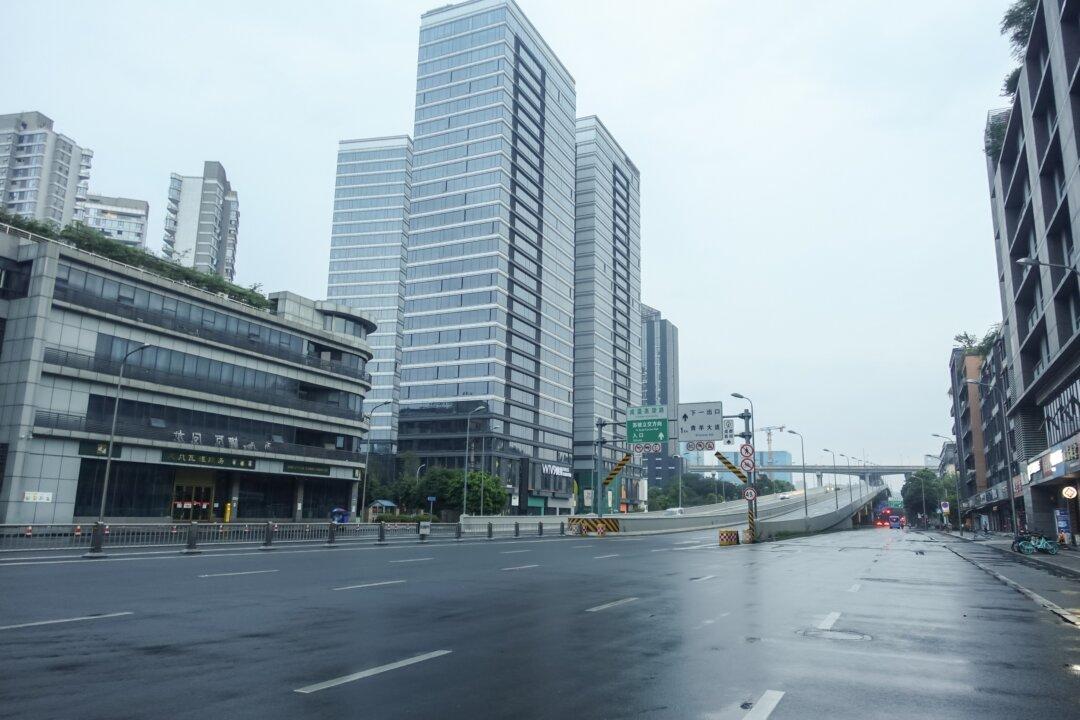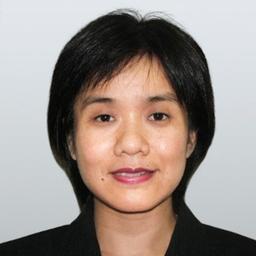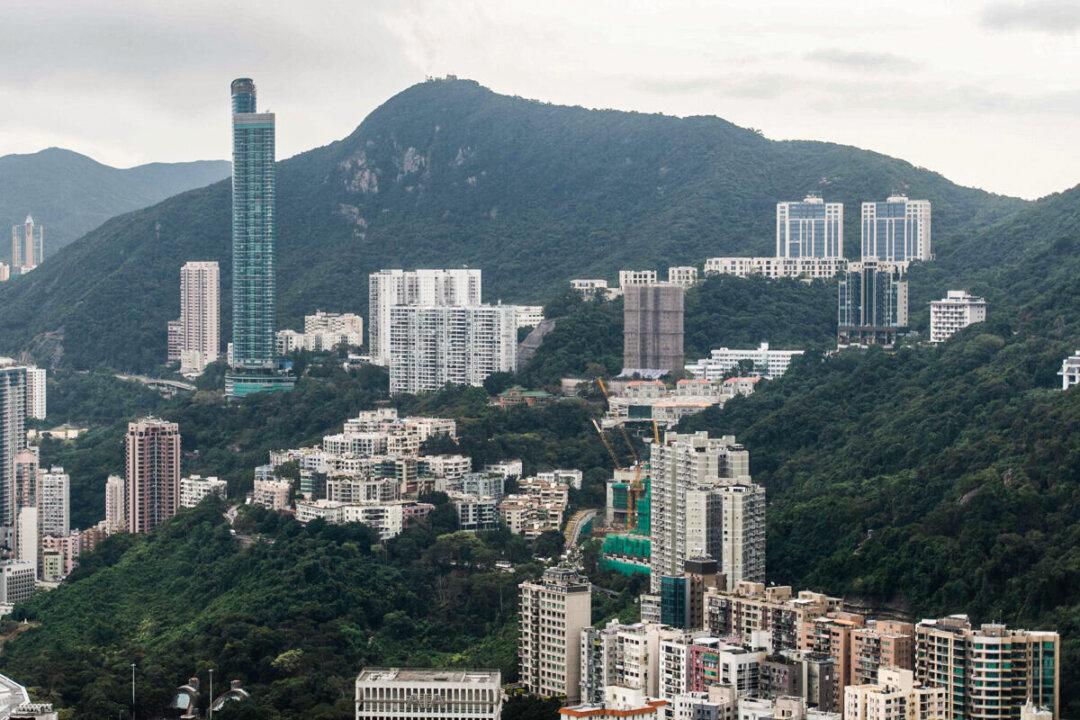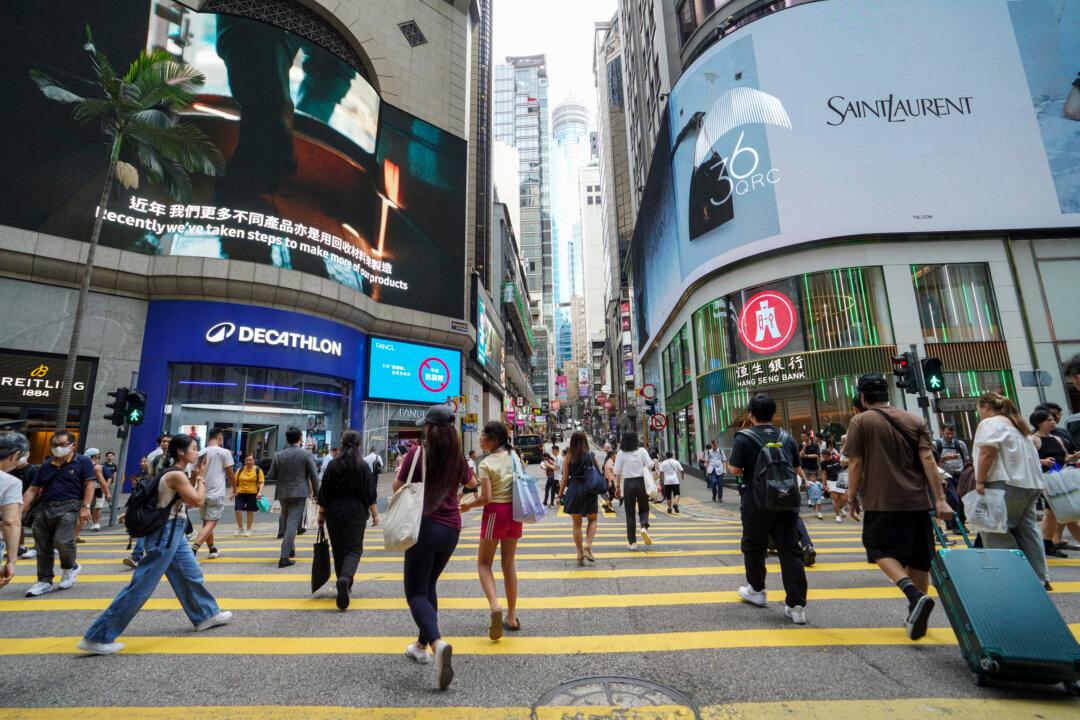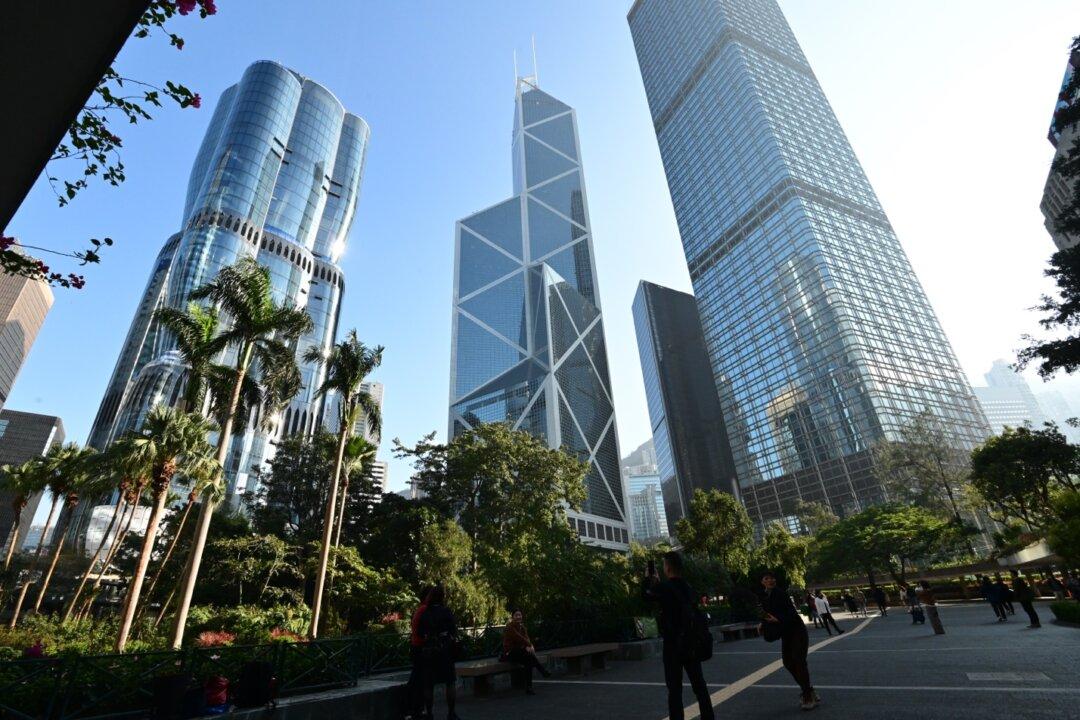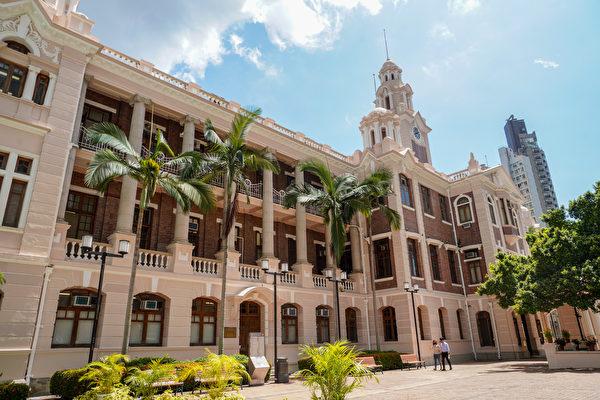Since late August, more than 300 million people in at least 74 cities in China have been placed under full or partial lockdown. A Chinese think tank criticized the move, describing it as having high social and economic costs to the country.
The widespread shutdown comes as the Chinese Communist Party (CCP) prepares for its 20th national congress, a major meeting set to take place on Oct. 16 in Beijing. The twice-a-decade conclave is expected to unveil the Party’s new top leadership, during which Chinese leader Xi Jinping is seeking a record-breaking third five-year term in office.
